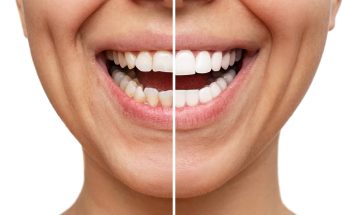We often experience tooth decay to a lesser or a more significant degree in our life. If you experience pain in your tooth, it may indicate tooth decay.
Tooth decay is described as the devastation of tooth enamel and the outer layer of your teeth. Plaque, a sticky film of food debris, bacteria, and saliva, constantly forms on your teeth. If not removed, plaque can harden into tartar, a much harder substance that brushing and flossing can not remove. The bacteria in plaque and tartar build acids that eat away the tooth enamel, causing cavities. Before the condition worsens, you should contact a dental practice in Wichita Falls.
The untold dangers of tooth decay
Tooth decay is one of the most common dental problems, yet many people are unaware of the dangers it poses. If left untreated, tooth decay can lead to several serious health problems, including:
-
Infection- Tooth decay can cause an infection in the gums, spreading to other body parts.
-
Pain- Tooth decay can cause pain and sensitivity, making it difficult to eat or drink.
-
Damage to teeth- Tooth decay can cause damage to the teeth, making them more susceptible to breaking or falling out.
-
Gum disease- Tooth decay can lead to gum disease, which can cause the gums to recede and the teeth to become loose.
-
Bone loss- Tooth decay can cause bone loss around the teeth, leading to tooth loss.
-
Heart disease- Gum disease can cause inflammation in the body, contributing to heart disease.
-
Pancreatic cancer- One study showed that people with periodontal disease might have a higher risk of pancreatic cancer.
-
Kidney disease- Periodontal disease has been linked to chronic kidney disease.
-
Stroke- Some research suggests that gum disease can increase the risk of stroke.
How can you prevent tooth decay?
The best way to control tooth decay is to practice good oral hygiene. It includes brushing twice daily, flossing everyday, and visiting the dentist regularly.
If you have gum disease, it is essential to treat it to prevent it from getting worse. Treatment options include:
-
Scaling and Root Planing- Scaling is the process of removing plaque and tartar from your teeth. Root planing is the process of cleaning the roots of your teeth.
-
Antibiotics- Antibiotics can be used to eliminate the infection caused by gum disease.
-
Surgery- In some cases, surgery may be required to treat the damage caused by gum disease.
If you are concerned about gum disease, talk to your dentist. They will evaluate your risk and make treatment recommendations.




